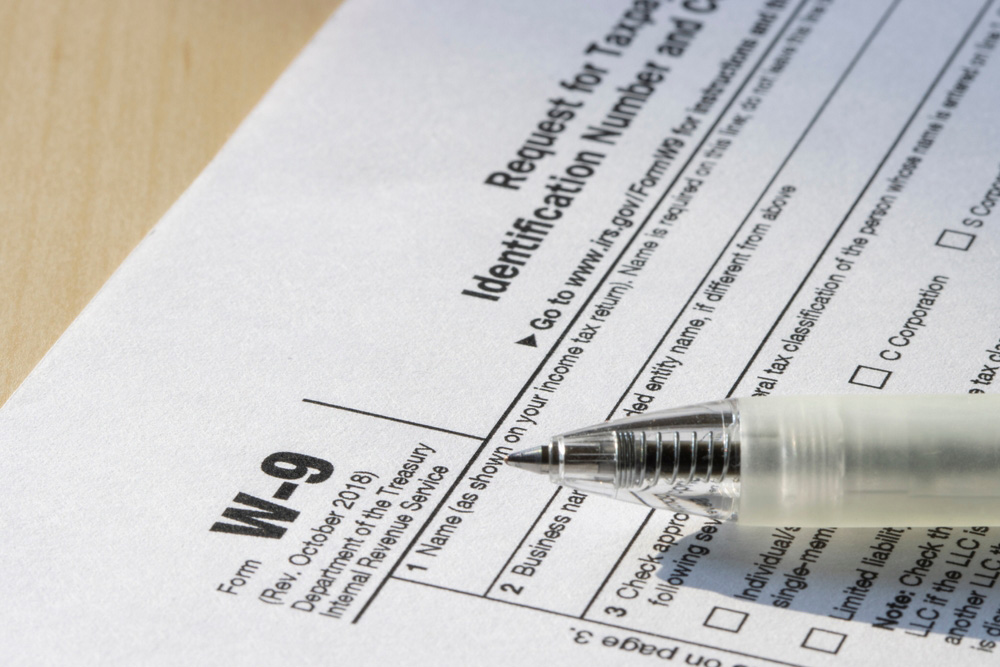Starting a business often requires navigating a maze of legal and tax requirements. Among these, the Employer Identification Number (EIN) stands out as a crucial element for many businesses. An EIN is like a social security number for your business, used by the IRS to identify it. However, do you need to form a Limited Liability Company (LLC) to obtain one? Can I Get an EIN Without an LLC? In this blog post, we’ll explore the requirements for obtaining an EIN, who needs one, and whether you can secure one without forming an LLC. Furthermore, we’ll cover alternative options and provide a step-by-step guide on how to apply for an EIN, ensuring you have all the information you need to keep your business compliant and ready for success.
Understanding the Basics of an EIN
An Employer Identification Number (EIN) is essentially a Social Security number for your business. Think of it as a unique tax ID code that the Internal Revenue Service (IRS) uses to identify your business entity. But what exactly is its purpose?
The primary purpose of an EIN is to allow the IRS to easily identify businesses for tax purposes. Moreover, it’s required for various business activities. For example, opening a business bank account, applying for business licenses, and hiring employees usually require you to have an EIN.
Who needs an EIN, then? While not every business structure requires one, it’s generally needed if your business operates as a corporation or partnership. Furthermore, if you hire employees or operate as a non-profit organization, you’ll likely need an EIN. Even sole proprietorships and single-member LLCs might need one under certain circumstances.
How does it work? Applying for an EIN is free and can be done directly through the IRS website. Once you receive your EIN, you’ll use it on all tax-related documents and when interacting with financial institutions on behalf of your business. So, understanding the basics of an EIN is crucial for any business owner to ensure they comply with federal tax regulations.
Who Needs an EIN?
An Employer Identification Number (EIN) is a unique nine-digit number assigned by the IRS to business entities operating in the United States. But who exactly needs one? Essentially, most businesses, besides sole proprietorships without employees, are required to obtain an EIN.
Corporations, partnerships, and limited liability companies (LLCs) typically need an EIN, regardless of whether they have employees. Moreover, if your business plans to hire employees, operate as a corporation or partnership, file employment, excise, or alcohol, tobacco, and firearms tax returns, or withhold taxes on income paid to non-resident aliens, then you’ll need to secure an EIN.
Furthermore, certain trusts, estates, real estate mortgage investment conduits, non-profit organizations, and government agencies also require an EIN. Even a single-member LLC might need an EIN if it elects to be taxed as a corporation or an S corporation rather than as a disregarded entity. Therefore, understanding your business structure and its tax obligations is crucial in determining whether you need to apply for an EIN.
Can I Get an EIN Without an LLC? The Requirements
The Employer Identification Number (EIN) is a unique nine-digit number assigned by the IRS to business entities operating in the United States. It is used to identify taxpayers who are required to file various business tax returns. But, can I get an EIN without an LLC? Absolutely! The determining factor is whether you have a business structure that requires one, regardless of the LLC status.
Sole proprietorships with employees or those operating under a name different from the owner’s, often called a “doing business as” (DBA) name, are generally required to obtain an EIN. Similarly, partnerships, corporations, and non-profit organizations all need an EIN to operate legally.
Furthermore, single-member LLCs are typically not required to obtain an EIN unless they have employees or choose to be taxed as a corporation or S corporation. Instead, they can use the owner’s Social Security number (SSN) for tax purposes. However, if the single-member LLC has employees or elects to be taxed as a corporation, then an EIN is necessary.
Therefore, the need for an EIN hinges more on the business structure, the presence of employees, and the chosen tax classification rather than solely on whether you have an LLC.
Alternatives to Getting an EIN Without an LLC
Understanding Your Options: If you find that obtaining an EIN without an LLC is not the route for you, or if you don’t meet the requirements, several alternatives exist. These options depend greatly on your business structure and long-term goals.
Using Your Social Security Number (SSN): As a sole proprietor without employees, you can often use your SSN for business operations. Many banks and vendors will accept this, especially if you’re operating under your legal name. However, this option does expose your personal information.
Delaying EIN Acquisition: If you anticipate forming an LLC in the near future, you could postpone certain operations requiring an EIN until after the LLC is established. This is suitable if the need for an EIN is not immediately pressing.
Considering a DBA (Doing Business As): While a DBA doesn’t negate the need for an EIN in certain situations, it allows sole proprietors to operate under a different business name. Therefore, while a DBA might help with branding, it doesn’t replace the functions of an EIN.
Exploring State-Level Tax IDs: Depending on your state, you might need a state tax ID for specific business activities like collecting sales tax. Requirements differ, so check your state’s revenue department.
In conclusion, carefully assess your business needs. While Can I Get an EIN Without an LLC? is a common question, these alternatives may provide suitable solutions for your specific requirements.
How to Apply for an EIN
Applying for an EIN is a straightforward process, and the IRS offers multiple convenient methods. Online application is the quickest way. You can access the EIN Assistant on the IRS website, which will guide you through the application step-by-step. For additional guidance and support, you can also visit ein-itin.com. Remember, you must complete the application in one session.
Alternatively, you can apply by mail. Download Form SS-4, Application for Employer Identification Number, from the IRS website. Fill it out carefully and mail it to the IRS address appropriate for your state. This method takes longer than applying online, so factor in processing time.
Faxing is another option. Complete Form SS-4 and fax it to the IRS fax number corresponding to your state. You’ll find the appropriate fax number on the IRS website or in the Form SS-4 instructions.
Regardless of the method you choose, be prepared to provide accurate information about your business. This includes the legal name, mailing address, responsible party information, and the reason for applying for an EIN. Once your application is processed, you will receive your EIN, and you can then use it for various business-related activities.






